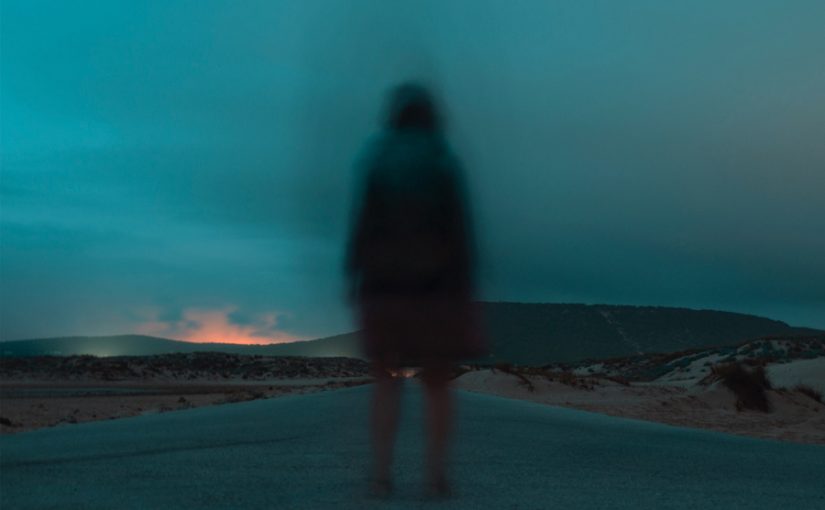A homily for the Thirtieth Sunday in Ordinary Time, October 24, 2021
Jer 31:7-9, Heb 5:1-6, Mk 10:46-52
What makes a good photo?
Composition, yes. Lighting, indeed. The right subject, absolutely.
Focus? Essential.
The same is true when we look. Look, and not merely see. Because the act of looking adds focus to all the visual inputs that can bombard us when we open our eyes.
Bartimaeus asked Jesus for the power to see. When Jesus gave the beggar-man sight, he challenged him — he challenges us — to look, and not merely see.
Look.
Such a small, simple word. We say it often, and often without really thinking about its significance.
It’s a command: “Look at me!”
It’s a suggestion: “Hey, look at this.”
It’s a plea: “Please help me look for my keys.”
It can be an insult: “Well, look at what the cat dragged in.”
It can be praise: “I like your look.”
It can be a note of concern: “You don’t look good. Do you feel OK?”
Every time we look, we focus on someone or something. But how do we know what to focus on?
We can look for the good and the beautiful in God’s Creation, and say thank you. And promise to preserve it, or even somehow improve it.
We can look for ways to be God’s hands and heart and participants in the continuation of Creation.
We can look for anger or decay.
If we’re looking for guidance on what to look for, especially where there is darkness, we can ask Jesus.
Because looking, the way Christ would have us look and not merely see, involves a few steps.
First, we must commit to action. The looking that Jesus wants us to do can be a heavy lift sometimes. Like lifting a 300-pound wooden cross.
Next, we must focus on what or who we are looking for. Looking with too broad a gaze will waste time, effort and energy.
Yes, we need to start with a panoramic view: Are we looking for our sisters and brothers in need? For people pushed to the margins of society? For systemic injustices and stench-ridden -isms and phobias like sexism, racism, xenophobia, homophobia? For the countless ways we are desecrating, damaging or destroying God’s Creation?
But once we have a broad scope, we must recognize that our actions are constrained by our human limitations, which can be physical, psychological, spiritual or other. We must narrow our focus to what we can do, and do well, from the heart, in the name of God’s love. We need to look for how we can use our unique gifts from God to put out the figurative brushfires that surround us.
This kind of looking requires actively searching, turning over every stone, peering into every crevice. This kind of looking and searching demands that we do not stop until we find what we set out to find.
Did we think looking was a heavy lift? Finding is the real heavy lift.
Finding is the “what now?” moment.
We find, and we figure out which of our talents we should use as we act.
We find, and we put our commitment to act into actual action.
(Hmmm, try saying that three times fast.)
To start, every one of us should use God’s gift of wisdom to discern how we can fill the need we’ve uncovered.
Do we build houses, supply food, provide transportation, teach, preach, move boxes, heal?
Or do we offer quiet accompaniment — the gift of presence, the gift of active listening?
When we focus on the situation and the need we’ve found, using our eyes and our hearts, we’ll know.
Every day, we are flooded with the sights and sounds of the world as it is. Everyday reality can be overwhelming; it can seem too big for any one of us to attempt to improve.
But when we focus on what we can make better — individually or with like-minded and like-hearted people — when we center our gaze on the challenges that are the most appropriate for us to tackle, then, with the help of God, we have the greatest chance of success.

Thank you for a very thoughtful look at the gospel